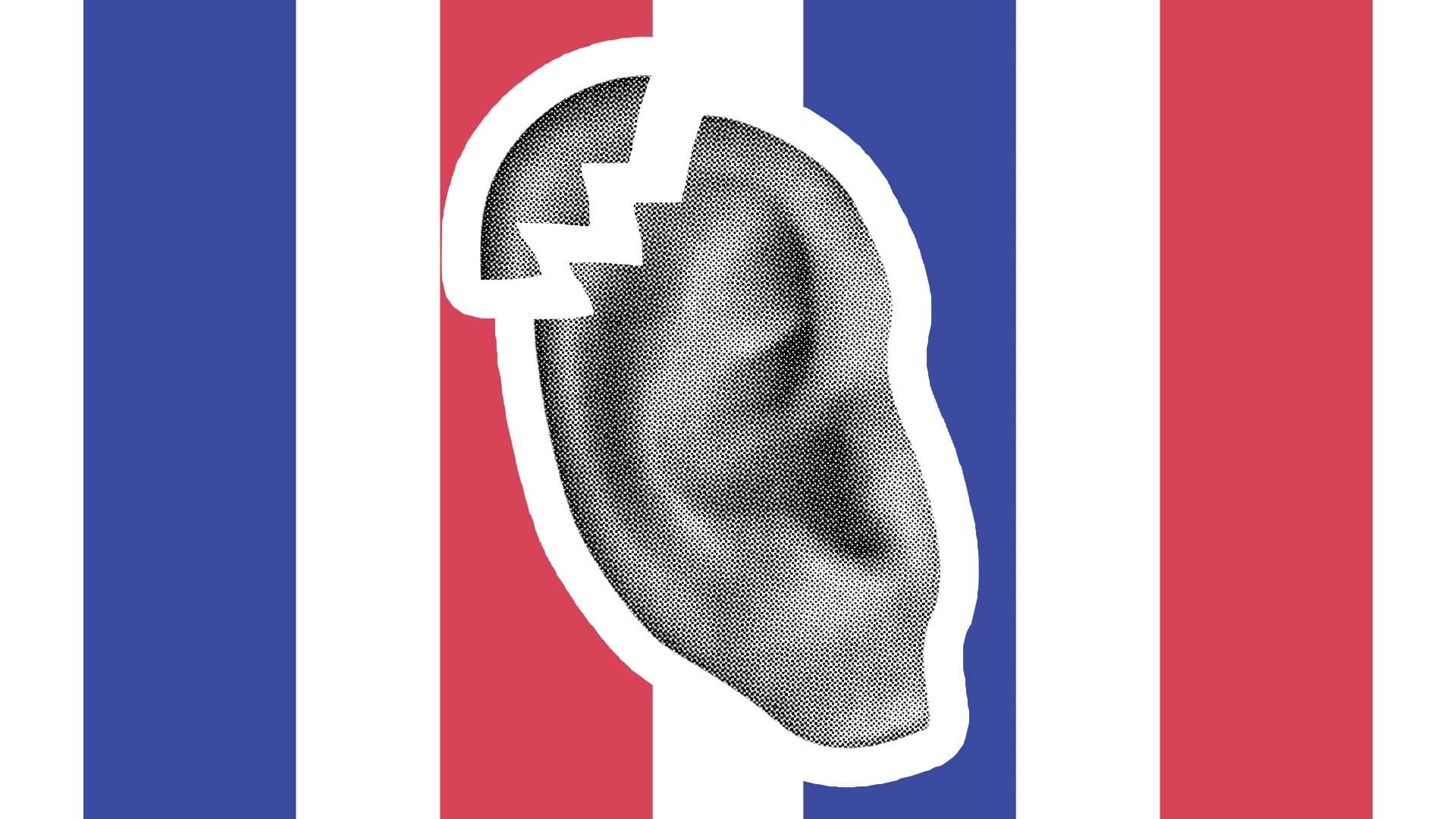Political assassinations & where to find them
Politics in the United States is on a knifes edge, or more accurately a bullets edge if recent events are anything to go by. Biden’s shielding for being incredibly old collapsed in its entirety in his first debate with Trump, finally aligning media pundits with what the average punter has been able to see for years. A few weeks later Trump had to deal with his own brush with mortality when a 20 year old gunman at a rally in Pennsylvania took a shot at him from a warehouse roof less than 150 meters away. At the time of writing it is unknown what his motive was other than not being a Trump fan. So it seems likely from this vantage point that the shooter had been motivated by narratives positioning Trump as a dictator since he was 13 years old. A Marist national poll found that “Members of Gen Z and Millennials (58%) are more than three times as likely as the Silent/Greatest Generation (19%) to foresee a civil war during their lifetime. 46% of Gen X and 34% of Baby Boomers agree.”
A bipartisan bill has been put forward to give increased security to Trump, Biden, and third party candidate Robert F Kennedy, who has been denied secret service protection due to not hitting certain polling number thresholds. Trumps re-election has been likely ever since Biden got into office, but these culmination of events have surely cemented his re-election.
America has seen its fair share of assassinations. In fact in a study by published in 2009 in the American Economics Journal: Macroeconomics entitled: “Hit or Miss? The Effects of Assassinations on Institutions and War” the authors found that between 1875 and 2004 Dominican Republic, Spain and the United States all shared the top spot for losing leaders to assassination.
In general politicians are in a risky line of work. According to stats by the Global Initiative Against Transnational Organised Crime between 2019 and 2020 Asia had the highest number of politically motivated assassinations, 202 in total. The Americas come in second at 129, while Africa is at 127. We have a tendency to believe that assassinations belong entirely within destabilised countries. In fact it seems universal irrespective of stability.
“Both regions that are considered politically stable and economically prosperous, such as Western Europe, as well as regions that are considered politically unstable, more prone to political violence, and economically weak, such as sub-Saharan Africa, have experienced similar levels of political assassinations” according to the paper “The Causes and Impact of Political Assassinations” published in 2015.
So what does trigger such grim tactics? The same paper indicates that the chances increase when countries suffer from a combination of restrictions on political competition and strong polarization and fragmentation.
“More specifically, states that lack consensual political ethos and homogeneous populations (in terms of the national and ethnic landscape) and include politically deprived groups will face a decline in the legitimacy of the political leadership and the political system and an increase in the likelihood of direct attacks against political leaders.”
Polls taken by PRRI have found that Americans are increasingly cool with the idea of political violence. A 2013 poll found that 23% of Americans agree that “because things have gotten so far off track, true American patriots may have to resort to violence in order to save our country,” this number is up 15% from 2021. This view is held by 33% of Republicans, 22% Independents and 13% of Democrats.
If America wants to make the campaign trail less lethal for it’s contenders and the supporters both sides of the aisle as well as the fourth estate are going to have to work to bring tensions down together. Democrats have already come out in support of Trump. Both Kamala and Biden have put out statements. Biden stated that there’s “no place in America for this. We must unite as one nation to condemn it. It’s sick, it’s sick”.

